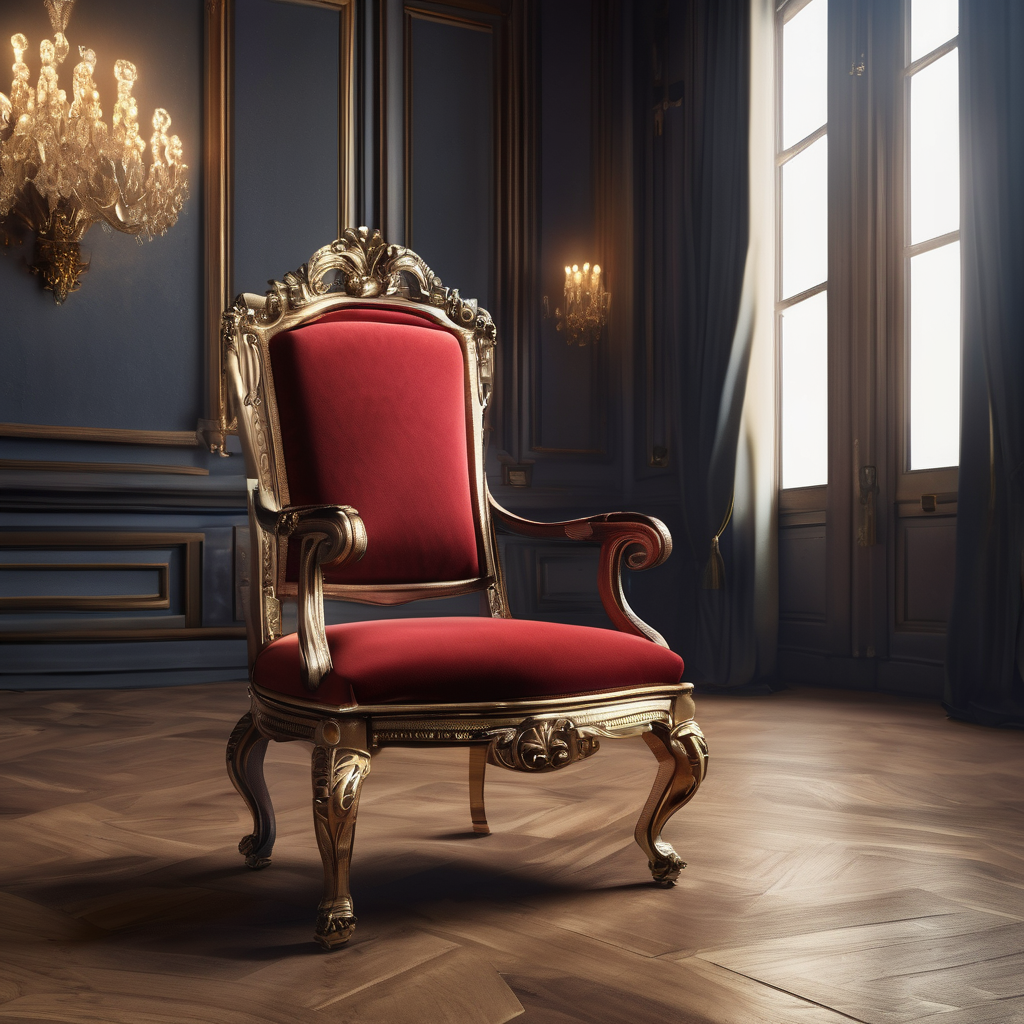Recent allegations against Prince Andrew, detailed in Virginia Giuffre’s posthumously published book “Nobody’s Girl,” continue to pose significant challenges for the British royal family. Giuffre, who tragically took her own life earlier this year, accused Prince Andrew of sexually assaulting her when she was just 17. Andrew has consistently denied these allegations.
In response to the ongoing controversy, King Charles has acted decisively, stripping Andrew of his royal highness title and other noble honors traditionally afforded to the monarch’s children. This move marks the latest chapter in the royal family’s ongoing efforts to manage its public image and maintain respectability amidst scandals. Notably, the royal family’s history demonstrates a pattern of distancing itself from individuals and incidents that threaten their status.
Instances of the royal family’s struggle with scandal are not new. For example, Prince John, son of King George V, was hidden from public life due to his epilepsy, eventually passing away at the young age of 14. Similarly, two cousins of Queen Elizabeth II with intellectual disabilities were allegedly marginalized, although the royal family has denied any wrongdoing in this matter.
The royal family’s history is rife with notable scandals, including the abdication of Edward VIII after he was denied permission to marry Wallis Simpson, Princess Margaret’s troubled marriage to Tony Armstrong Jones, and Prince Harry’s controversial exit from royal life following his marriage to Meghan Markle. The dynamics surrounding these events reveal the delicate balance the royals maintain between tradition and modernity.
Contrastingly, King Charles has navigated his path differently; he divorced Diana and later married Camilla, who was once vilified as “the other woman.” Now, Camilla is widely accepted as queen.
The troubling aspect of Andrew’s situation stems from the serious nature of his allegations, which, while he has avoided criminal prosecution, have led to significant financial settlements that he continues to assert his innocence over. Unlike Harry, whose position in the line of succession is only changeable through parliamentary action, Andrew remains eighth in line for the throne.
Current reports suggest that Andrew’s lifestyle in Windsor Castle, along with his ex-wife Sarah Ferguson, raises questions about the financial implications for British taxpayers in maintaining royal privileges for non-working members of the family. Nevertheless, public sentiment seems largely unfazed regarding the financial burdens associated with the monarchy, which remain popular in the UK and Australia despite the continuing controversies.
As the royal family adapts to these challenges, the presence of popular figures like William and Kate offers hope for a stable future, likely allowing the monarchy to weather even serious allegations against individual members. Their appeal may serve to maintain the monarchy’s relevance and popularity, continuously demonstrating a capability to overcome hurdles within a modern context.
